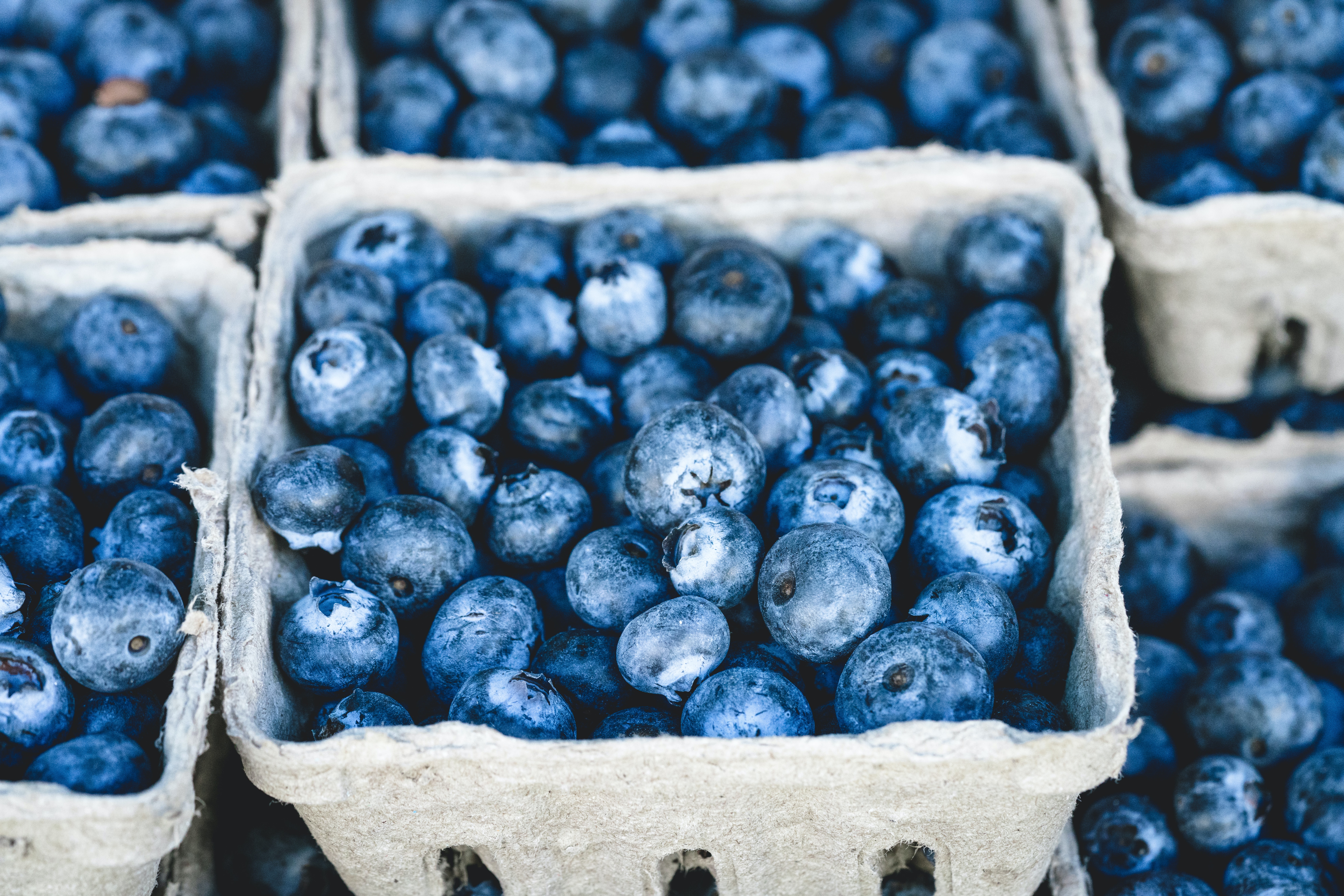
The Import of Food Products from Abroad
How Buyers who import from abroad deal with Coronavirus
We have seen the effects of the spread of the epidemiological emergency in recent months and we have talked about it in this article at least as regards production (but also marketing and export). The other side of the coin remains to be analyzed: the problems on the import side. For obvious reasons, many of the problems that importers will face will be the same that exporters are still facing today, but both sides have different aspects and separate cases. So let’s now go into the merits of the issue and analyze the aspects that concern the world of food imports and the concerns of international buyers.
The problematic aspects related to the import of food products from abroad
The Covid 19 emergency, breaking down on the international food market, caused a slowdown in the excellent results obtained by the export process of Italian agri-food products. Despite this, exports to countries such as France and the United States return somewhat positive feedback considering the low expectations. In the first case there is in fact a more than significant increase, in the second instead a clear and decisive one despite the application of rising customs duties issued by the Trump government. However, the number one enemy of trade appears to be disinformation which, in periods of economic crisis, could also be subject to exploitation by states with the aim of containing the revenues in favor of a restart of their GDP.
Obviously, given the care and commitment that our country devotes every day in the production and marketing of food, we are the first to believe that the measures to contain the spread of new infections are the basis of any healthy economic relationship. The problems related to the packaging of foods, their conservation, the hygiene of the vehicles on which they travel and the safety of the staff who deal with them are felt and perceived as completely necessary, but it is normal for a buyer to decide not to buy from some countries because of Coronavirus?
Some may reply that the important thing is that each country is able to guarantee that its food is safe, others may be convinced that this is not enough. Unfortunately, fear sometimes takes over, so it is normal for consumers to decide to give up the consumption of certain goods for a certain period. Suffice it to analyze the drop in sales in some countries of Corona beer to understand that sometimes we go far beyond the border of objectivity and reasonableness.
However, an importer must take into account this possible drop in demand, even if it is completely without logic. For this reason, requests for food from China already upstream (by representatives of importers from various countries) can be considerably reduced, as has happened, moreover, also for our products that have suffered from discrimination since we have been one of the first countries to face the Coronavirus emergency, experiencing significant damage during the contagion increase phase.
On the other hand, it is also important that an importer, acting responsibly, selects safe derivative products by demanding valid documentation and maintaining rigorous behavior, without compromising in which only the price controls.
Who, perhaps due to the type of products it markets, has the possibility of doing so, could try to establish a logistical reorganization trying to store larger quantities of goods in the warehouses in view of a viability returned to normal and in which the vehicles will have to resume beyond normal regime to immediately recover personal time. Fortunately, from this point of view, the European Commission has done its part by preventing the introduction of further certifications for freight transport and also guaranteeing some priority lanes to encourage transport within at least the Union’s single market.
The Exporium team
